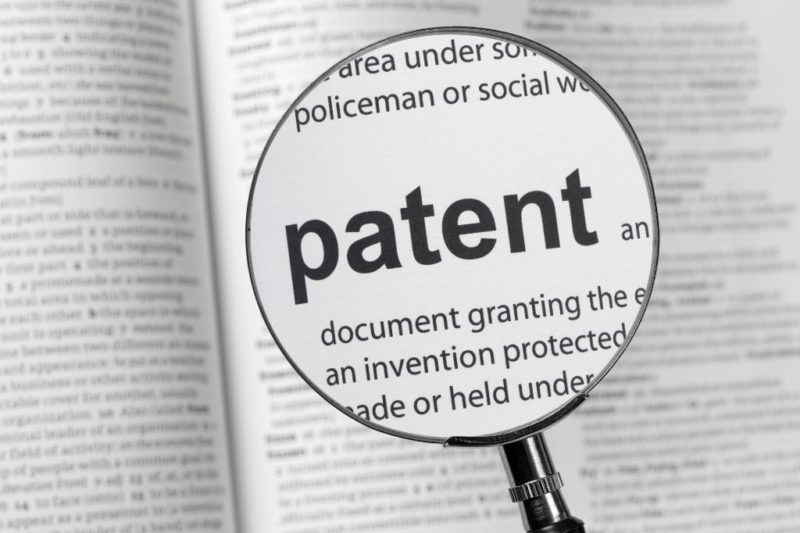What are Patent Trolls?
A “Patent Troll” is a derogatory term used for a “non-operating entities” that make bad faith assertions of patent infringement. What makes an entity a “non-operating entity” is whether that entity applies the patented invention to its business practices. There are exceptions to this definition, such as technology transfer centers for universities.
States are Regulating Patent Trolls
Although patents are within the realm of the Federal Government’s control, due to the U.S. Constitution’s Science and Arts Clause, multiple state governments have taken the initiative to combat prospective Patent Trolls. These state governments usually enact laws that enable the aggrieved party recourse against the Patent Troll for baseless accusations of patent infringement. Multiple entities who have been scrutinized under these laws have attacked these state laws as unconstitutional; however, they have had little success.
NAPCO, Inc. v. Landmark Technology A, LLC
On August 19, 2021, Thomas D. Schroeder, a United States Federal Judge for the Middle District of North Carolina, found that the North Carolina Abusive Patent Assertions Act overcame the constitutional objections of Landmark Technology A, LLC concerning the First and Fourteenth Amendments in NAPCO, Inc. v. Landmark Technology A, LLC, No. 1:21-CV-00025 (M.D. N.C. 2021). The court found that regardless of whether the Act regulates conduct or commercial activity, the law “passes constitutional muster.” If the Act regulated conduct, which is held at a higher scrutiny, it is admissible since it regulates “a false statement associated with some form of legally cognizable harm….”
Judge Schroeder also dismissed Landmarks’s argument that the Act violated the Equal Protection Clause of the Fourteenth Amendment since it polices “bad faith patent infringement claims by non-operating entities while exempting other organizations….” The Judge applied the reasonable-basis test, since “non-operating entities” is not a protected classification, and found that the State of North Carolina had a reasonable basis to police “non-operating entities” over “operating entities.”
With this decision, the ability of States to police Patent Trolls has been reaffirmed. However, knowing that States can police Patent Trolls and knowing how they police Patent are different concepts. Therefore, for our North Carolina residents and companies, our firm would like to provide information for North Carolina’s “anti-Patent Troll” statutes.
North Carolina Abusive Patent Assertions Act
The Abusive Patent Assertions Act is codified in North Carolina’s General Statutes § 75-140 through § 75-145. “A target or a person aggrieved” by someone who “make[s] a bad-faith assertion of patent infringement.” N.C. Gen. Stat. § 75-143 et seq. The act allows the court to consider multiple factors in determining whether the aggravator is making a bad-faith assertion of patent infringement, which includes but is not limited to:
- Whether the assertion asserts the “factual allegations” and provides “an explanation of why the person making the assertion has standing” to claim infringement;
- Whether the asserter “conduct[s] an analysis of comparing the claims in the patent” to the technology being claimed as infringing;
- Whether the asserter provides the information concerning the factual allegations if the “target” requests the information;
- Whether the asserter offers a response or payment within an “unreasonably short period of time”;
- Whether the assertion of patent infringement is knowingly meritless;
- Whether the asserter knows of any postgrant finding concerning “invalidity or unpatentability involving the patent”; and
- “Any other factor the court finds relevant.” N.C. Gen. Stat. § 75-143(a).
The Abusive Patent Act provides factors to show that an asserter’s assertion is not bad-faith and what kind of asserters do not fall under the Abusive Patent Act. N.C. Gen. Stat. § 75-143(b)-(c). These asserters include, but are not limited to:
- Institutions of Higher Education under the laws of and with their principal offices in North Carolina;
- Technology Transfer Organizations owned by or affiliated with an institution of higher education; and
- “[N]onprofit research organizations, recognized as exempt from federal income tax under 26 U.S.C. § 501(c)(3) incorporated under the laws of and with its principal offices in North Carolina[.]” N.C. Gen. Stat. § 75-143(c).
The Abusive Patent Act provides the target of the assertion to recover as a civil cause of action with “one of the following remedies:
- Equitable relief.
- Damages
- Costs and fees, including reasonable attorneys’ fees.
- Exemplary damages in an amount equal to fifty thousand dollars ($50,000) or three times the total of damages, costs, and fees, whichever is greater.” N.C. Gen. Stat. § 75-145
Additionally, North Carolina courts may set bonds against bad-faith asserters of up to five hundred thousand dollars ($500,000) and the Attorney General may bring an action on behalf of North Carolina and recover the same amount as the target of the asserter. N.C. Gen. Stat. § 75-144 et seq.
If you need to contact an attorney regarding a claim of a bad faith patent infringement assertion, contact King Law Offices by calling (888)748-KING (5464) or filling out our consultation form. Our attorneys understand that you are facing a long and difficult legal battle, regardless of whether you are the asserter or the target.


